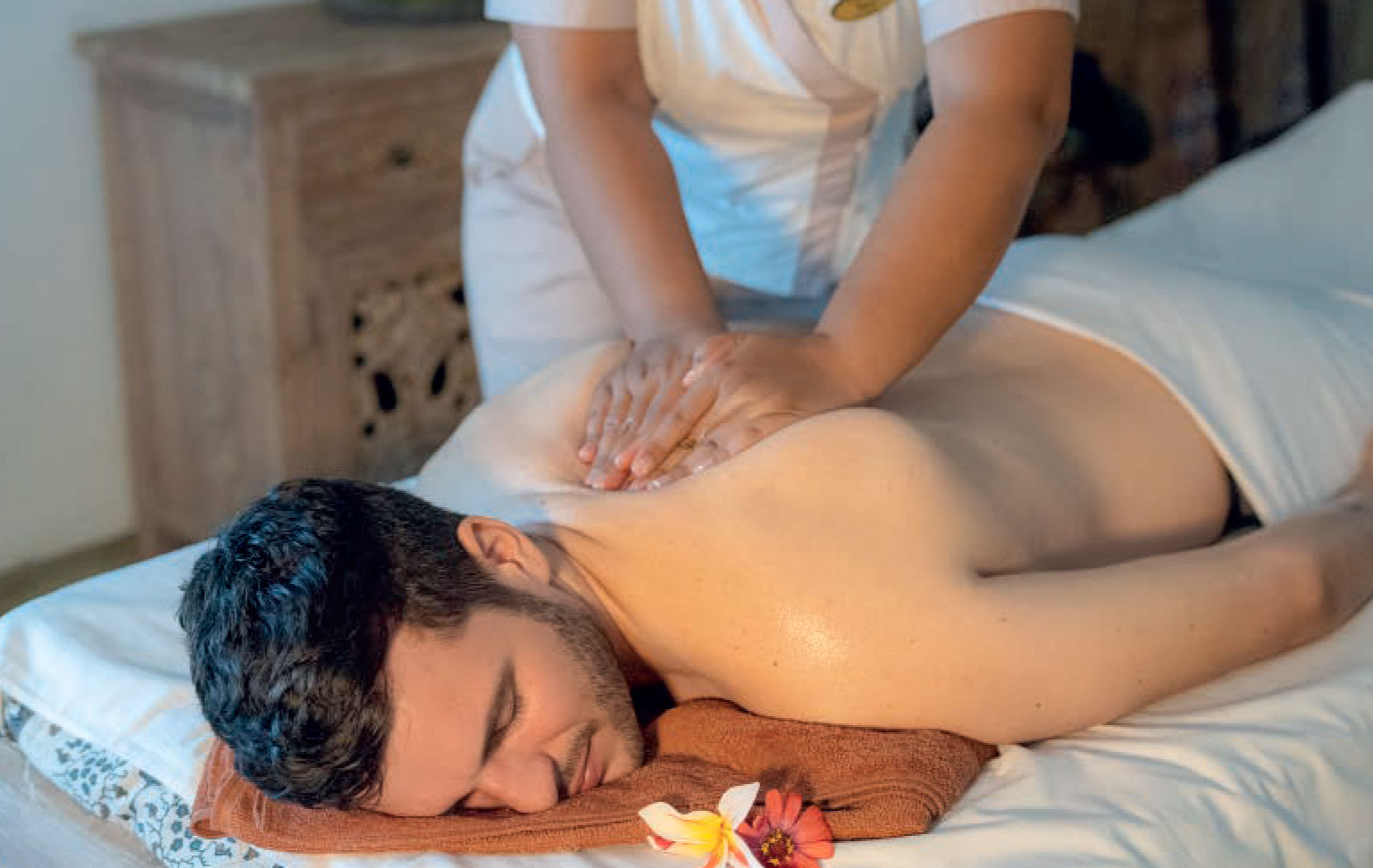Business trips to Thailand provide a unique blend of professional opportunities amidst a backdrop of vibrant culture and stunning landscapes. Whether you're a veteran traveler or embarking on your first international business venture, understanding the nuances of conducting Business trip massage (출장마사지) is a must for a successful trip. Here's all you could have to know:

1. Cultural Etiquette:
Thailand is noted for its rich cultural heritage and focus on respect and politeness. Understanding Thai customs can significantly enhance your business interactions. Greeting with a conventional wai, showing respect for elders, and avoiding confrontational behavior are essential. Additionally, modest attire and removing shoes before entering homes or certain establishments demonstrate cultural awareness.
2. Language:
While English is widely spoken in business and tourist hubs, learning a couple of basic Thai phrases can foster goodwill and make interactions smoother. Employing simple greetings like Sawasdee krub (for males) or Sawasdee ka (for females) can go a long way in building rapport.
3. Business Culture:
Relationship-building is fundamental in Thai business culture. Establishing trust and rapport through socializing and small talk before diving into business discussions is common practice. Patience is key, as decisions may take time, and hierarchical structures often dictate business proceedings. Additionally, exchanging business cards with a respectful bow is customary.
4. Timing and Punctuality:
While punctuality is valued in operation settings, flexibility is also appreciated. Meetings may not at all times start or end punctually, so maintaining a relaxed attitude is advisable. However, it's essential to reach on time as an indication of respect, even when others may not adhere strictly to the schedule.
5. Dining Etiquette:
Business discussions often take place over meals, and understanding dining etiquette is crucial. Sharing dishes communally, using serving utensils, and waiting for the host to initiate eating are customary practices. Expressing appreciation for the meal and complimenting the host's hospitality is also polite.
6. Business Attire:
Business attire in Thailand leans towards formal and conservative, especially in corporate settings. Men typically wear suits, while women opt for modest and professional attire. Lightweight fabrics are advisable due to the tropical climate, but attire should still convey professionalism and respect for the business enterprise environment.
7. Transportation and Logistics:
Navigating Thailand's bustling cities can be daunting, but various transportation choices are available, including taxis, tuk-tuks, and public transit. It's advisable to policy for traffic congestion, especially during peak hours. Additionally, booking accommodations near business districts can streamline travel logistics.

8. Currency and Payment:
The Thai Baht (THB) is the state currency, and cash is widely employed for transactions. Bank cards are accepted in many urban establishments, but it's wise to hold cash for smaller vendors and markets. Familiarizing yourself with currency exchange rates and carrying small denominations can facilitate smoother transactions.
To conclude, conducting business in Thailand requires a mixture of cultural sensitivity, patience, and adaptability. By embracing local customs and etiquette, you can forge meaningful connections and navigate the intricacies of Thai business culture effectively.
